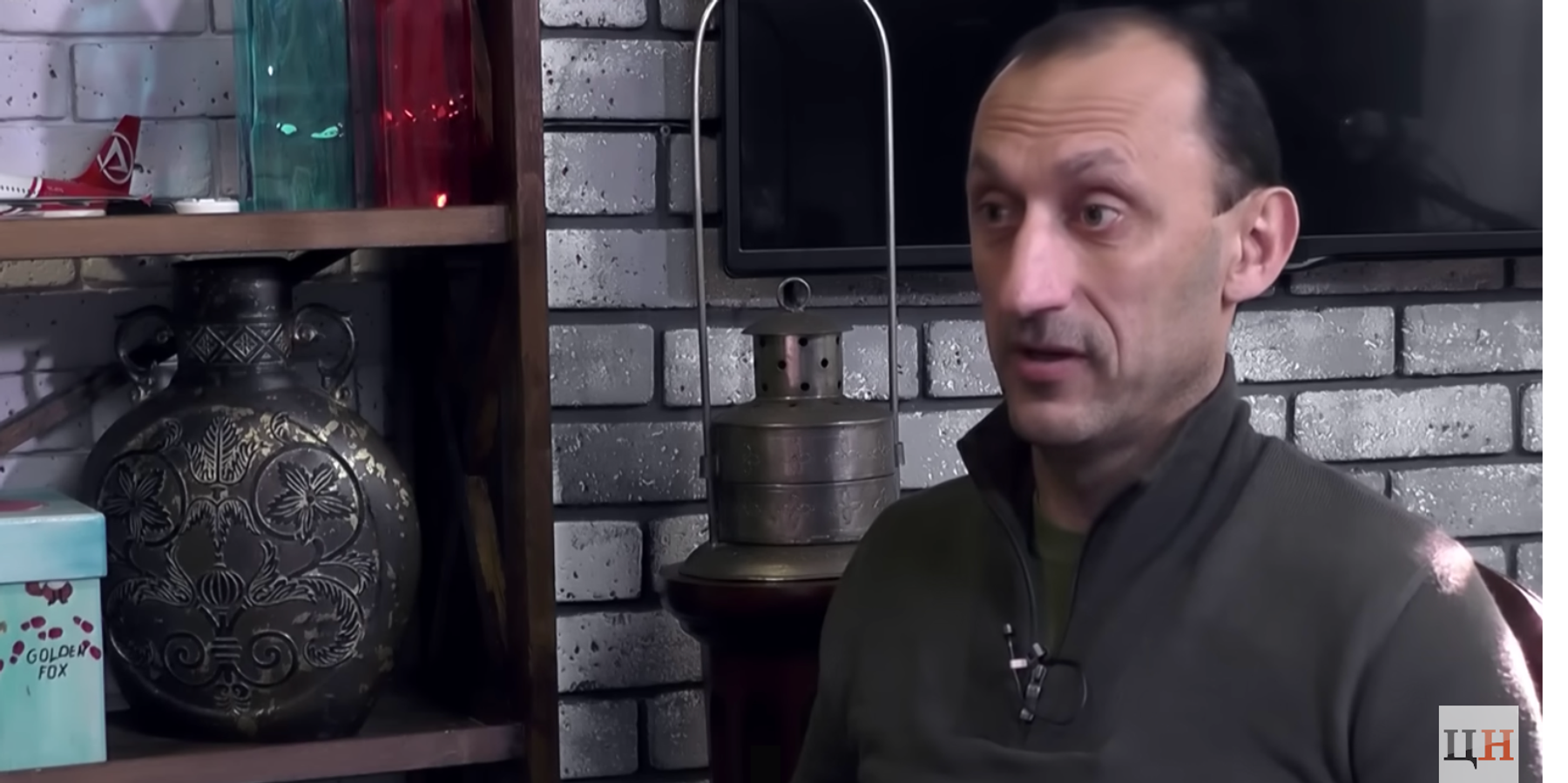The Washington Post has a new bombshell revelation: a senior military officer connected to the highest levels of Ukrainian intelligence — who also happens to be in jail on other charges — supposedly played a key role in the Nord Stream pipeline sabotage last year.
According to "people familiar with the planning," Roman Chervinsky, "a decorated 48-year-old colonel who served in Ukraine’s special operations forces," was the coordinator of the operation, but was not the "planner." That went even higher than him — to officers reporting to the highest military officer, Gen. Valery Zaluzhny — but not all the way to President Volodymyr Zelensky, who was purposefully left out out of the loop.
Chervinsky, through a lawyer, has denied this story and calls it "Russian propaganda."
The pipelines were blown up Sept. 26, 2022. There have been several theories raised, but the West had Russians pegged as the culprits from the start. That shifted as it became more clear via investigations that it was a state actor but likely not Moscow. Veteran reporter Sy Hersh produced an extensive report in February 2023 accusing a secret U.S. Navy diver team, with the authority of the Biden administration, of the sabotage. Almost immediately after, the Western mainstream focused on a "rogue" pro-Ukrainian outfit, and more recently, Ukrainian military complicity.
The Washington Post is homing in on that last theory here, using in part the spring Discord leaks, which appeared to show the U.S. was concerned that Ukraine had been planning such a attack, as proof that Chervinsky may have helped to finally pull it off. The paper raises other secret operations led reportedly by Chervinsky, including that he also “planned and implemented” operations to kill pro-Russian separatist leaders in Ukraine and to “abduct a witness” in the shooting down of Malaysia Airlines Flight 17 over the eastern Donbas region in 2014.
Chervinsky is now serving time for being involved in a plot that was supposed to lure a Russian pilot to defect to Ukraine but ended up in a Russian attack on Ukrainian forces that killed a Ukrainian soldier and 17 others. Chervinsky and others say the operation was sanctioned by the military. According to WaPo:
Chervinsky has said he was not responsible for the Russian attack and that in trying to persuade the pilot to fly to Ukraine and hand over his aircraft, he was acting under orders. He calls his arrest and prosecution political retribution for his criticism of Ukrainian President Volodymyr Zelensky and his administration. Chervinsky has said publicly that he suspects Andriy Yermak, one of Zelensky’s closest advisers, of spying for Russia. He has also accused the Zelensky administration of failing to sufficiently prepare the country for Russia’s invasion.
Now he is being fingered by unnamed sources that WaPo calls "people familiar with the operation." (Recall, Hersh's damning report last year was excoriated by mainstream news and the commentariat for relying on one unnamed source.) Ukrainian officials are not commenting on these recent revelations, which continue to keep the U.S. far out of the taint of complicity. Per WaPo:
U.S. officials have at times privately chastised Ukrainian intelligence and military officials for launching attacks that risked provoking Russia to escalate its war on Ukraine. But Washington’s unease has not always dissuaded Kyiv.
In June 2022, the Dutch military intelligence agency, the MIVD, obtained information that Ukraine might be planning to attack Nord Stream. Officials at the CIA relayed to Zaluzhny through an intermediary that the United States opposed such an operation, according to people familiar with those conversations.
Questions will obviously be raised about whether Chervinsky is being used as a convenient fall guy or patsy and the timing of these unnamed sources suddenly coming forward with information that has been sought after for over a year in myriad official and news investigations.
- Why is Facebook censoring Sy Hersh's Nord Stream report? ›
- On NYT Nord Stream theory, German official raises specter of 'false flag' ›
- One year later, why is the Nord Stream attack still a mystery? ›
- Nord Stream explosions linked to Ukraine military but no one cares | Responsible Statecraft ›
- What is Poland hiding besides the Ukrainian Nord Steam suspect? | Responsible Statecraft ›
















